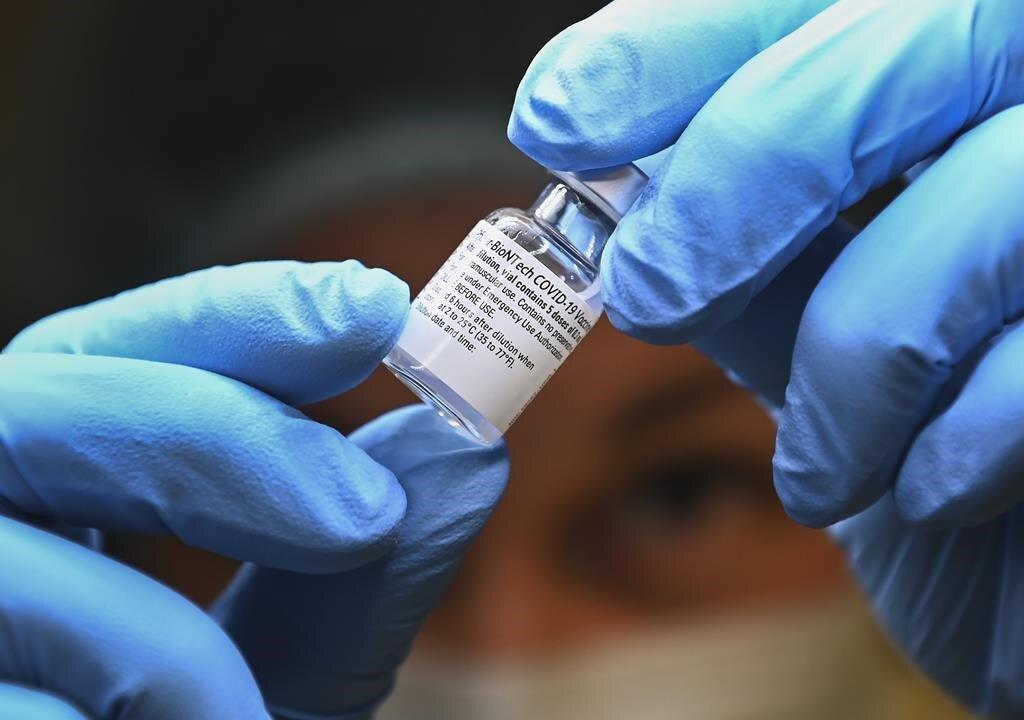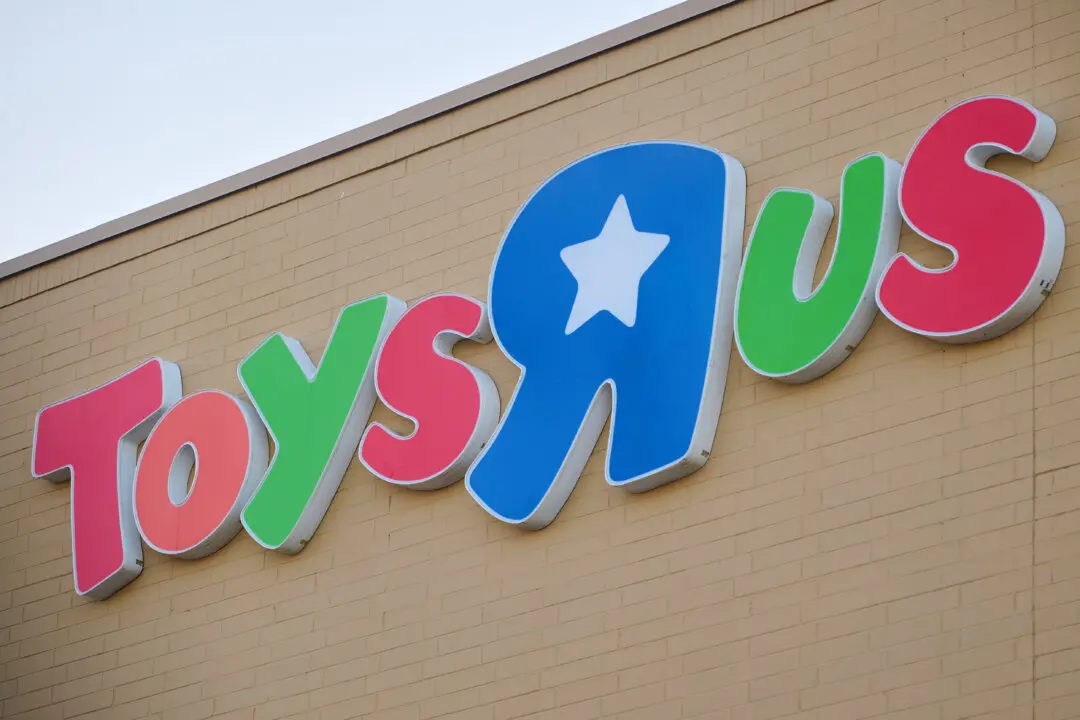OTTAWA—Canada’s sluggish COVID-19 vaccination efforts are expected to get a big boost starting this week as the federal government prepares for a ramp up in the delivery of shots from Pfizer-BioNTech following a month-long lull.
The Public Health Agency of Canada has stated on its website that it expects more than 335,000 doses of the Pfizer-BioNTech vaccine to be delivered this week, though the company says the figure will be closer to 400,000.





